Does the WTO have a future?
Don Stephenson, former Chief Trade Negotiator, India-Canada Comprehensive Economic Partnership Agreement, discusses how India and Canada can work together on effecting reform in the World Trade Organization
Don Stephenson, former Chief Trade Negotiator, India-Canada Comprehensive Economic Partnership Agreement, discusses how India and Canada can work together on effecting reform in the World Trade Organization
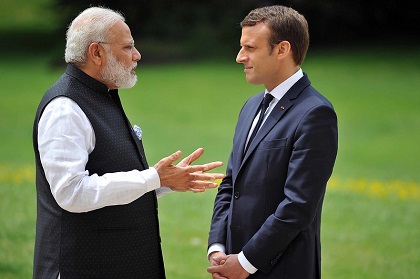 Courtesy: MEA/Flickr
Courtesy: MEA/Flickr
India and France have converging interests in the Indo-Pacific – diplomatic, strategic and economic. The 4th Indo-French Maritime Security Dialogue held in New Delhi in December 2019 was an example of major bilateral cooperation. By working together, the two countries became the model for fostering a rules-based, free, open and inclusive region.
Rohinton Medhora, President, Centre for International Governance Innovation (CIGI), Waterloo, Canada, and co-host of the second edition of the India-Canada Track 1.5 Dialogue in Mumbai, spoke to Gateway House on how data management and governance around new technologies, such as Artificial Intelligence, are the issues of the future
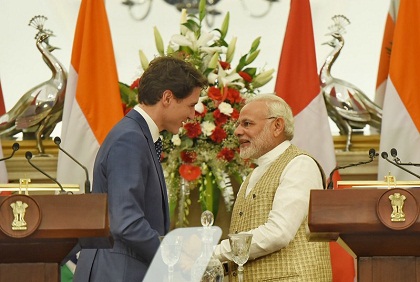 Courtesy: MEA/Flickr
Courtesy: MEA/Flickr
The second edition of the India-Canada Track 1.5 Dialogue, held in Mumbai last month, drew many ideas from experts and government officials on diversifying and deepening the strategic partnership. A summary of some of the outcomes
 Courtesy: Shutterstock
Courtesy: Shutterstock
Bangladesh fulfills an important stabilising role in South Asia. It has been able to perform this function in the last decade because of Prime Minister Sheikh Hasina’s efforts to fortify the domestic scenario by first cracking down on terror outfits – and their political fronts. The clean-up was necessary, but a robust Opposition and democratic institutions need to be nourished too
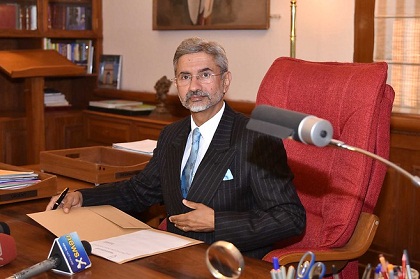 Courtesy: Flickr/MEA
Courtesy: Flickr/MEA
The India-Canada Track 1.5 Dialogue on Innovation, Growth and Prosperity, an initiative agreed upon in February 2018 by the two prime ministers, provides an opportunity for the bilateral relationship to grow through geopolitical convergence, greater economic collaboration and people-to-people interaction. A statement by External Affairs Minister S. Jaishankar for the second edition of the Dialogue, held in Mumbai on 22 November 2019
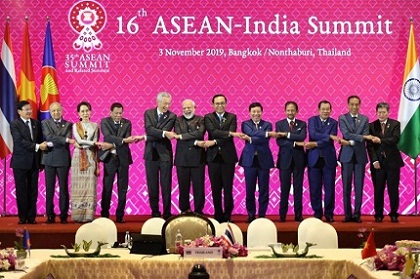 Courtesy: Flickr/MEA
Courtesy: Flickr/MEA
The 35th summit of the Association of South East Asian Nations, held in Bangkok early in November, showed that a shifting geostrategic landscape notwithstanding, “ASEAN centrality” in the region is a top priority with members. It also served as a backdrop for three summits that ASEAN held on November 4 with China, U.S. and India
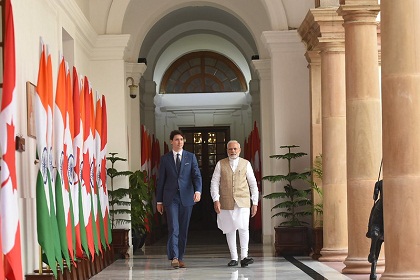 Courtesy: Flickr/MEA
Courtesy: Flickr/MEA
It’s time to start moving on matters in which Canada is a natural ally for India - trade liberalization, energy investments, intellectual property and the rules around e-commerce in particular and big data governance in general.
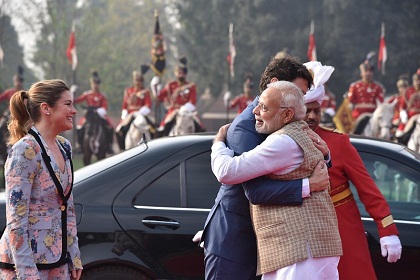 Courtesy: MEA/Flickr
Courtesy: MEA/Flickr
Canada, a middle power, and India, an aspiring middle power, have much to offer each other. The India-Canada Track 1.5 Dialogue, the second edition of which will be held on November 22 in Mumbai, is designed to advance the relationship. Manjeet Kripalani, Executive Director, Gateway House, in conversation with Cleo Paskal, Associate Fellow, Chatham House, who is in the city for the Dialogue and to lead a second initiative, called the Indo-Pacific Engagement
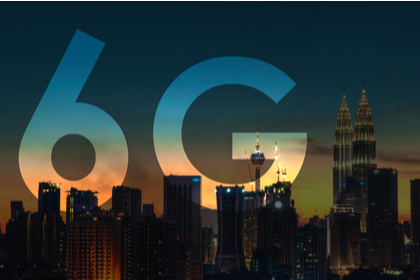 Courtesy: Shutterstock
Courtesy: Shutterstock
India’s status as a key geoeconomic power calls for indigenous R&D of critical information-communication-technology infrastructure at least a generation ahead of time. India must activate the exploratory R&D phase on sixth-generation (6G) network technologies immediately to safeguard its strategic autonomy in the emerging era of informationalised warfare